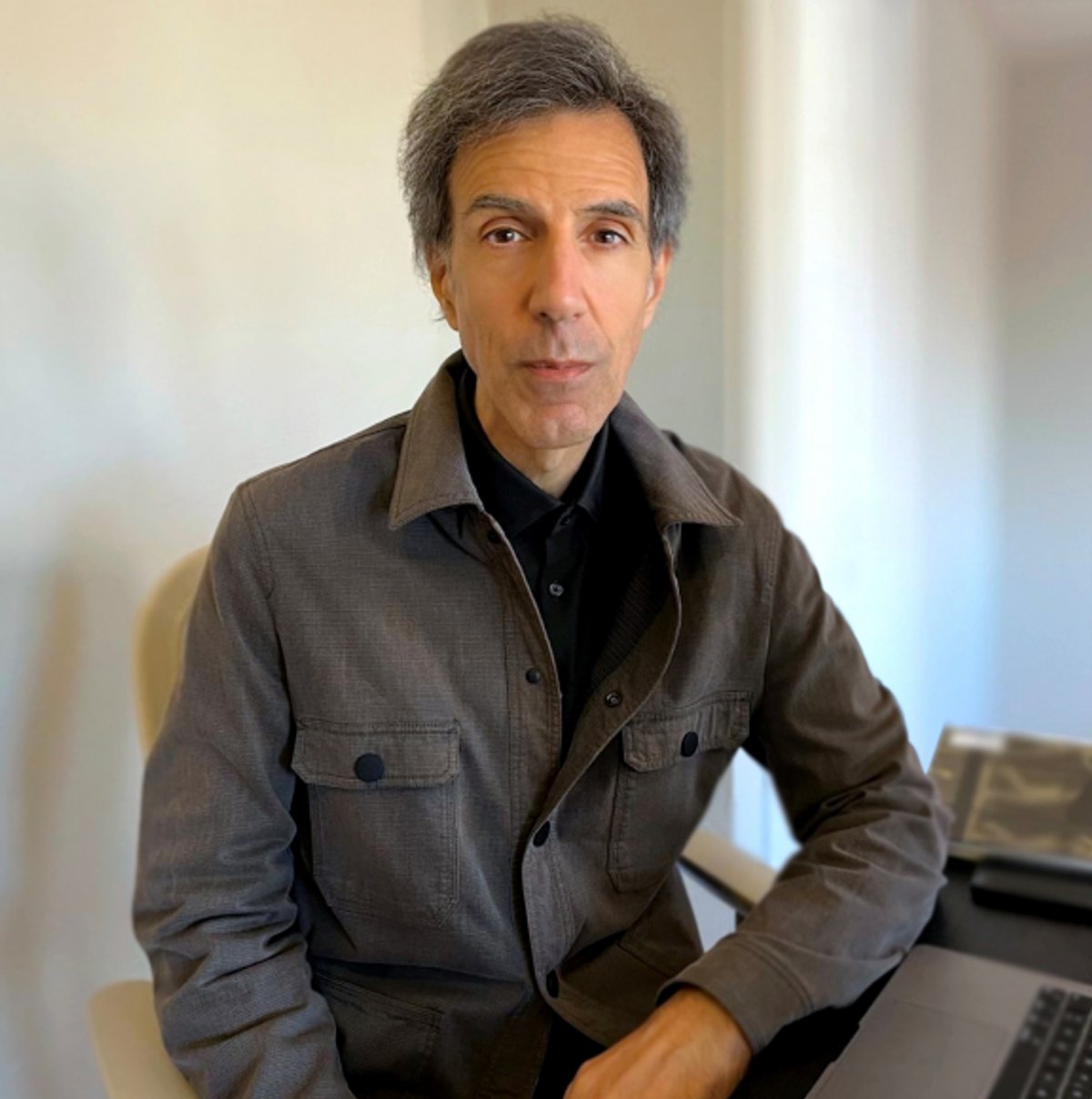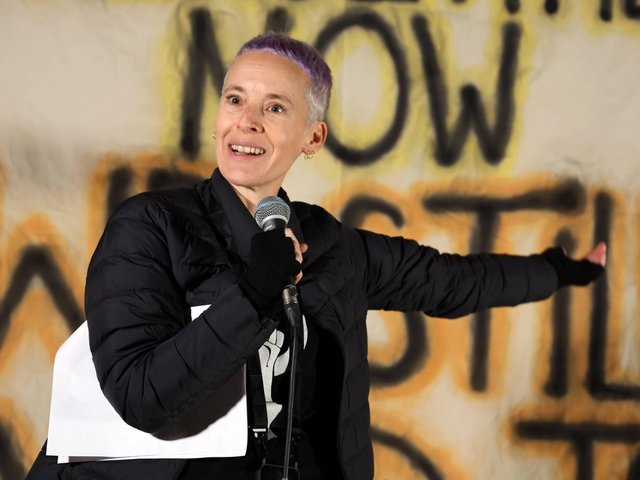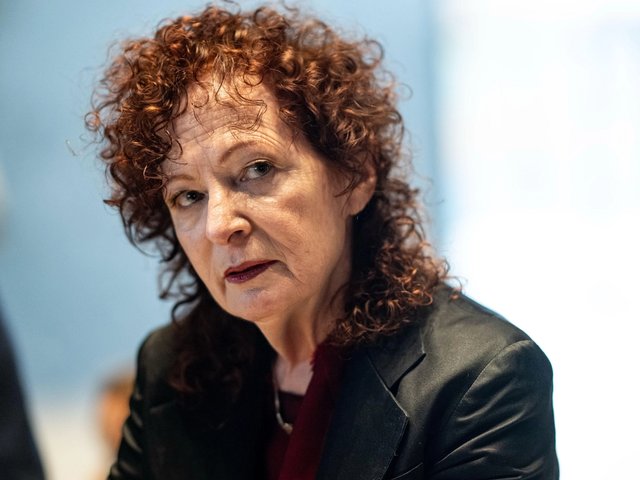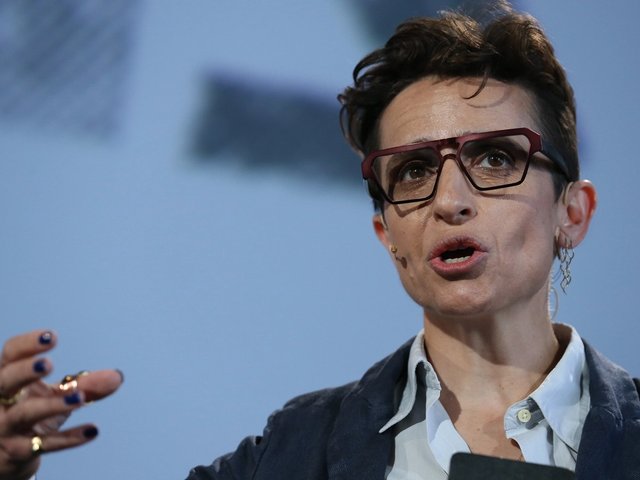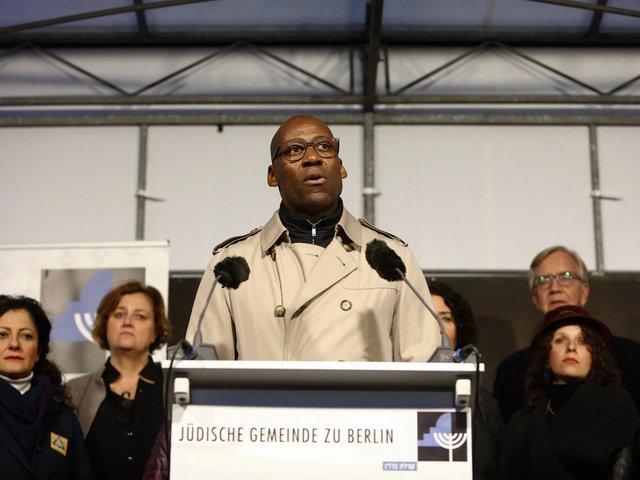The American artist Fareed Armaly declined the prestigious Käthe Kollwitz prize awarded annually by the German Academy of Arts, citing a “disturbing trend of censorship in Germany” and “a highly politicised, reactionary shift in official cultural policies, aimed at silencing advocates for Palestinian rights under international law.”
Armaly, who lives in Berlin and has created large-scale collaborative works on Palestinian themes, wrote in his letter rejecting the prize that in previous times he would have gladly accepted this honour.
“However, at this historical juncture, I am unable to align myself with any institution operating under the current cultural policy framework of the German government,” he wrote. “In such a context of intimidation, liberal cultural institutions appear to adopt complacency and self-censorship. All this, consciously or unconsciously, structurally performs the ongoing dehumanisation of Palestinians by obscuring and abstracting their agency and voice.”
Several exhibitions, teaching contracts and awards have been cancelled in Germany since the 7 October 2023, attack by Hamas on Israel and the start of Israel’s military campaign in Gaza because arts institutions perceived comments by featured artists, curators or writers as antisemitic or anti-Israel.
Last year, the German parliament approved a controversial declaration to combat antisemitism, arguing that against the background of the Holocaust, Germany has a “special responsibility in the fight against antisemitism.”
Critics of the declaration mainly point to a passage in the text that calls for public grants for culture and science to be conditional on acceptance of the International Holocaust Remembrance Alliance’s definition of antisemitism, which they argue is often used to categorise criticism of Israel as antisemitism.
The Academy of Arts said it will not award the Käthe Kollwitz prize this year. In a letter to Armaly, Manos Tsangaris, the president of the Academy of Arts, stressed that the jury for the prize was fully independent and that the institution itself is opposed to all forms of censorship and self-censorship, “including cancel culture, calls for boycotts and political influence.”
He said that he and his vice-president Anh-Linh Ngo “recognise the risk that spaces for discourse are being eroded by dogmatism, self-righteousness and lack of empathy”. He added that they are “working hard at various levels to push back against attempts by certain political factions to establish an ideological vetting process for the allocation of funding.”


